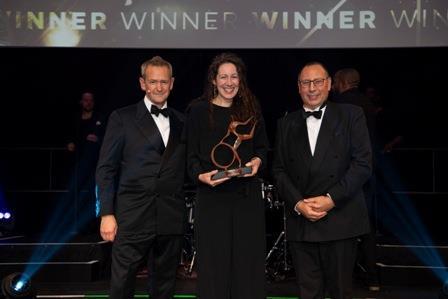
Zedify is on a mission to transform urban logistics and create healthier, more liveable cities of the future. It believes its model of consolidated zero-emission deliveries is helping to transform the way first- and last-mile collection and deliveries are handled in urban areas.
It operates a light electric fleet of more than 90 cargo trikes, bikes and quads, which it says saves 98% of CO2 emissions per km compared with diesel vans.
It also has a growing network of 10 ‘hyperlocal’ micro hubs in cities across the UK, providing an option for businesses that want to contribute to improving air quality and tackle the climate crisis. The hubs act as a gateway and consolidation centre for small items coming into and out of the urban area.
Zedify’s collections and deliveries are focused within a compact city-centre radius, usually around three miles, enabling the operation to use specialist vehicles.
This approach means the business can offer chosen delivery windows to customers. The cost to users is on a par with a traditional couriers’ next-day offer.
Zedify has developed its own real-time technology platform to optimise routes and enable sustainability reporting for customers, such as emissions saved per journey. As well as no congestion, noise, speeding or parking violations during its 20 years of combined operations across its network, the business has also seen zero killed or serious injury incidents.
Zedify is also an ethical employer, paying its drivers the real living wage in contrast to a growing gig economy in the sector.
The judges said: “Zedify’s NPS of 88% is excellent. It punches well above its weight for a smaller operator and demonstrates a great customer experience. There has been an impressive expansion of micro hubs across the UK, not just London-centric.”
“It’s very encouraging to see our work being recognised at this level. I was surprised because we were up against big corporations”
Harriet Hird, head of marketing, Zedify










